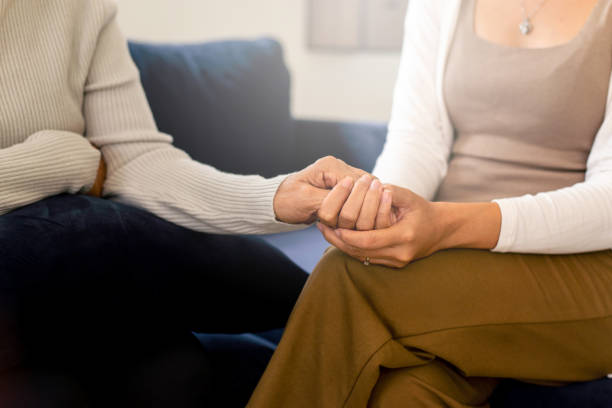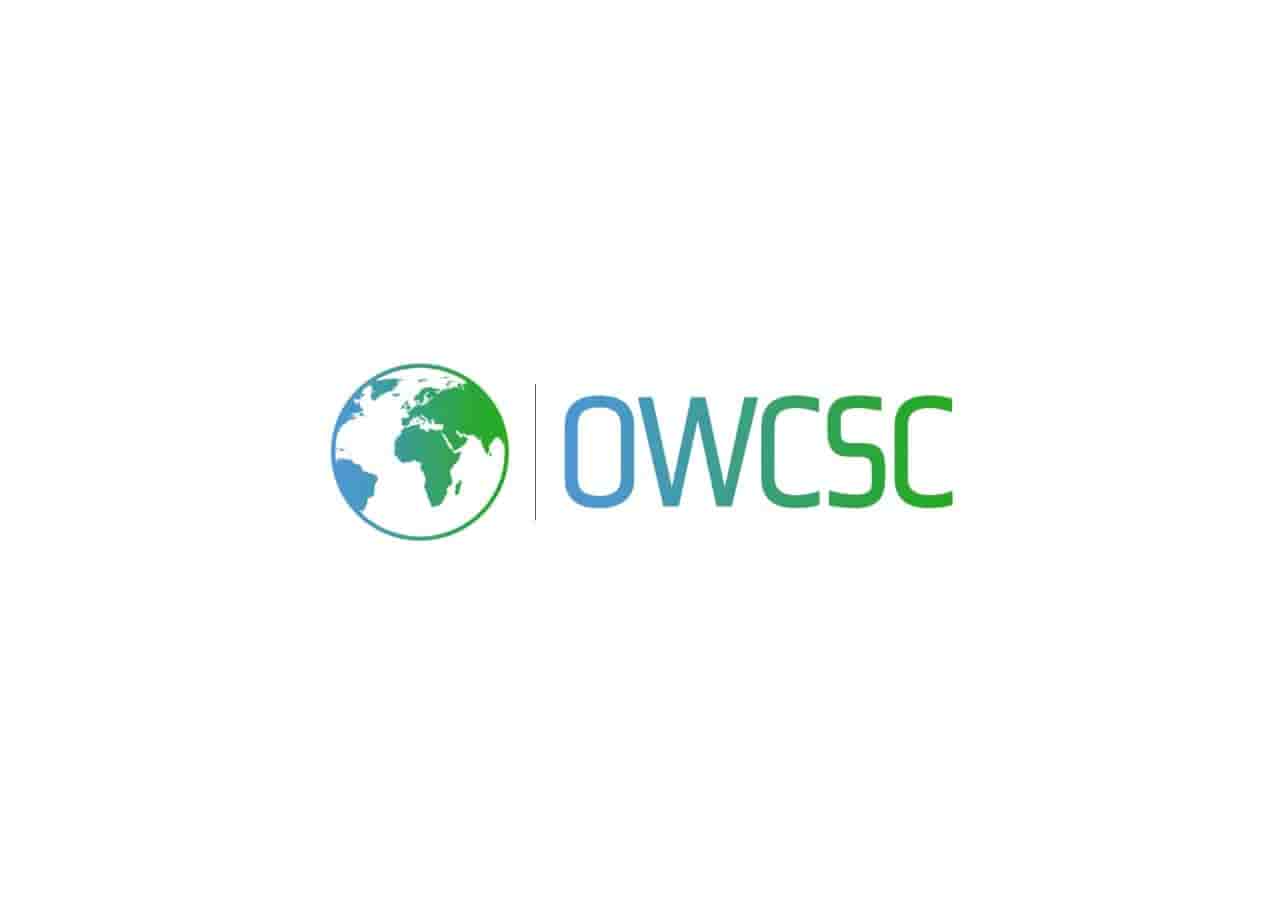Empowering Lives and Preventing Losses:
In an increasingly complex world, where individuals often grapple with invisible battles, the One World Community Support Center (OWCSC) stands as a beacon of hope, offering a transformative approach to suicide prevention and peer recovery support. At the heart of our mission lies the innovative Zero Suicide program, working in tandem with our compassionate 24/7 Peer Recovery Support initiative. Together, these programs reflect OWCSC’s unwavering commitment to empowering lives and preventing the immeasurable loss of precious souls.
Understanding Zero Suicide: A Lifesaving Aspiration
At the core of the OWCSC’s approach is the Zero Suicide program, a resounding affirmation that suicide deaths within the realm of health and behavioral health systems are not inevitable. This paradigm shift challenges the status quo and encourages a reimagining of the way we view suicide prevention. The essence of Zero Suicide lies in its aspiration to eliminate suicide-related deaths by fostering a culture of vigilance, prevention, and support. It’s a call to arms for communities around the world to take a unified and holistic approach to addressing suicide risk.
A System-Wide Commitment to Safer Suicide Care
Zero Suicide is not merely a concept; it’s a practical framework for systemic transformation. The OWCSC, in step with the international Zero Suicide movements, recognizes that individuals struggling with suicidal thoughts often navigate a disjointed and fragmented healthcare landscape. Research has demonstrated that a significant number of those who died by suicide had interacted with healthcare providers in the year preceding their deaths. This revelation underscores the critical role healthcare systems can play in stemming the tide of suicide.
The OWCSC’s Zero Suicide program, modeled after the Zero Suicide movement, is anchored in the belief that prevention requires a comprehensive approach. This involves not only enhancing clinical care but also implementing systematic changes across the board. The model advocates for improved screening processes, heightened awareness, and seamless coordination among healthcare providers. By adopting a system-wide strategy, the OWCSC and our 24/7 Call Center empowers both care providers and patients to engage in open conversations about mental health, effectively closing gaps and offering a lifeline to those in need.

The Power of Peer Recovery Support
Complementing the Zero Suicide initiative, the OWCSC’s Peer Recovery Support program extends a helping hand to those traversing the challenging path of recovery. Rooted in empathy and shared experiences, this program provides a safe space for individuals to connect, heal, and grow. Trained Peer Recovery Support Specialists offer non-judgmental listening, guidance, and validation to those in need, reaffirming that no one walks this journey alone.
Empowerment as the Guiding Light
The OWCSC’s comprehensive approach to suicide prevention and peer recovery support is underpinned by the guiding principle of empowerment. By offering holistic care that addresses both the immediate crisis and the long-term journey, the center instills a sense of agency in individuals. They are not just recipients of care; they are active participants in their healing process.
The One World Community Support Center’s unwavering commitment to the Zero Suicide and Peer Recovery Support programs paints a picture of hope, resilience, and transformation. Through their comprehensive and compassionate approach, they empower individuals to reclaim their lives, bridge the gaps in the healthcare system, and reach for a future free from the shackles of despair. In a world that sometimes feels divided, OWCSC stands as a testament to the power of unity, empathy, and the unyielding belief in the potential for every life to shine bright.
Disclaimer:
The OWCSC does not currently offer Crisis Support. If you are in a Crisis please call 988 or 911 or go to your nearest emergency room.
Text or Call Now: 401-536-0479
Website Built By Abdullah Sarfraz.
